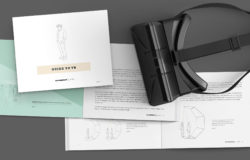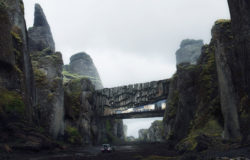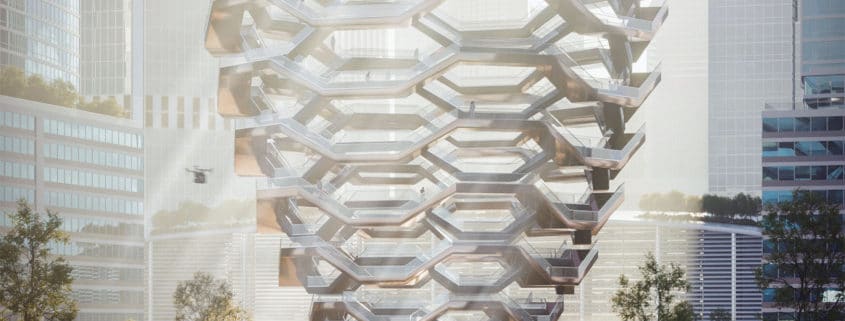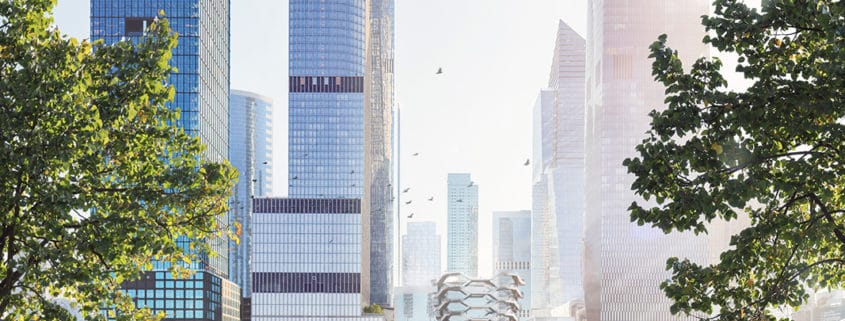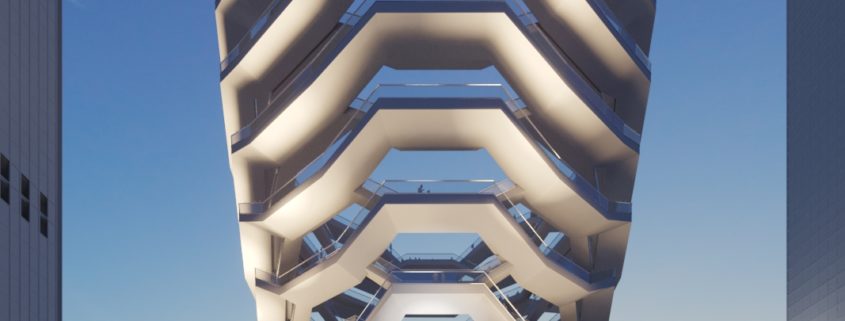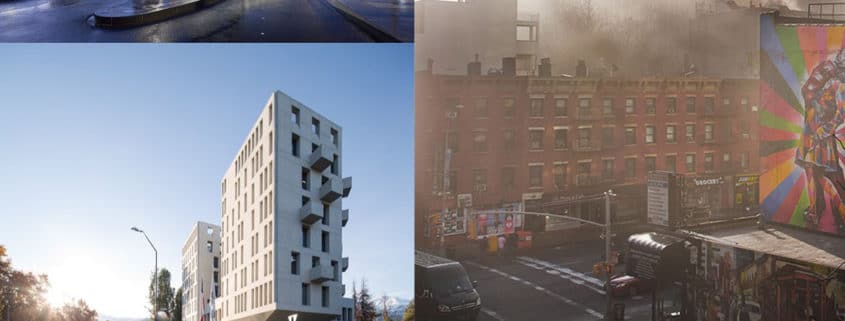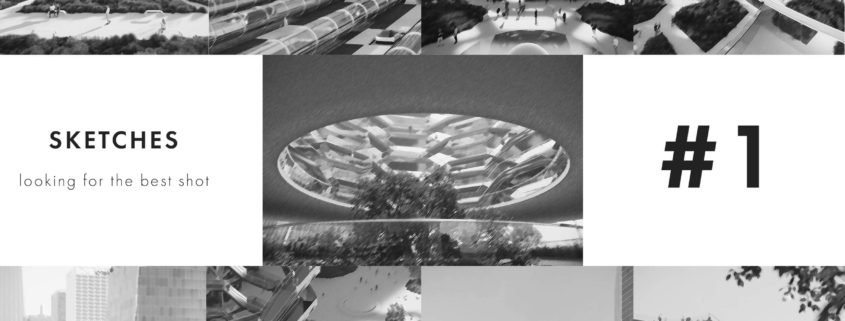The challenge of Tomorrow entry by Roman Huzar
The project is based on the ideas of great people like Elon Musk and Jacque Fresco, the people I’m inspired by, and whose ideas are very close to me. And I thought it would be a good fit for this project. I didn’t want to go into utopian and do something fantastic and super futuristic, I followed the already existing ideas and concepts that will solve the problems of mankind and tried to reflect it in my images as correctly as possible.
The main ideas of this project are to reduce mankind’s dependence on hydrocarbons through alternative energy sources, space travel and the raping of other planets, the development of transport and tunnel systems, artificial intelligence and new technologies, as well as the greening of the earth and the connection of nature with the infrastructure of cities. The culmination of Jacques Fresco’s lifelong work, helped me in this regard. The collection of the very best of science and technology into a comprehensive plan for the transition to a new society based on human and environmental care. The global vision of hope for the future of humanity in an era of technological progress.
I also described the steps as how we’re going to get there:
– 2027 – 50% of transport on Earth will be electrically powered.
– 2033 – Solar energy will be the main energy resource.
– 2037 – Global Greening of the Earth
– 2040 – We will build a colony on Mars.
I’ve always meticulous about the light and atmosphere in the scene and I initially thought that everything had to be in the same style to make the paintings fit together. But after feeling the project and playing with different types of light and atmosphere, I stopped at 3 varieties of lighting for 3 main pictures:
– Foggy morning
– Sunny day
– Evening after the rain
I thought it was a good idea, because it shows the basic architecture in different types of lighting, which makes the pictures not boring and attractive, and I’ve also made two additional pictures that allow a better understanding of the idea and reveal it from the inside.
Since the scene is large, I initially thought about optimizing it and decided to divide each angle into a separate scene. But before I did that, I assembled a general “Master Scene” into which I added all the main elements of the project and when the main angles were defined I started to detail and work out each of the angles more precisely. This method allowed me to work more comfortably in each scene, and optimizes the workflow.
I hope you enjoy my idea of the project and how I was able to bring it up visually. Overall, I am satisfied with the final result!
Thank you for this opportunity!
Kind Regards,
Roman Huzar







